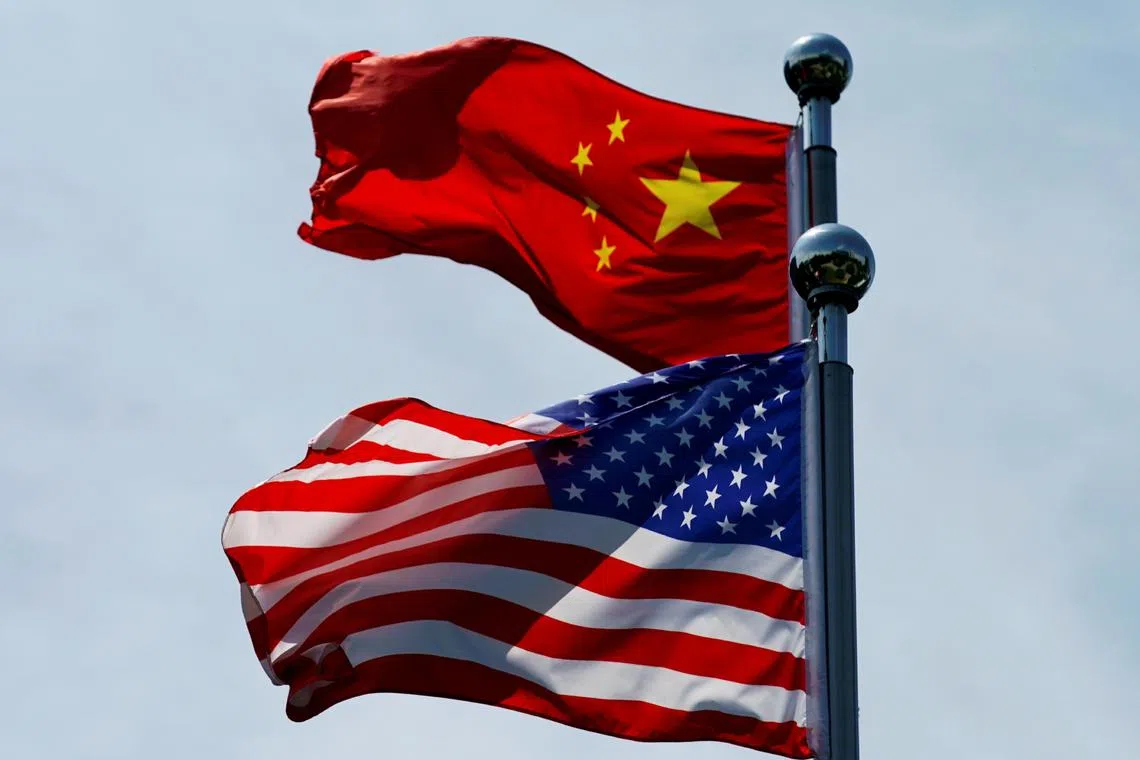US clamps down on export requests to China that would advance Beijing’s military
Sign up now: Get ST's newsletters delivered to your inbox

In 2022, 5,064 export and re-export licence applications were reviewed and about 26 per cent were denied or returned without action.
PHOTO: REUTERS
WASHINGTON - The United States government is closely scrutinising exports to China and in 2022 denied or took no action on a quarter of requests in order to stop sales that would advance Beijing’s militarisation, a senior official said in testimony released on Tuesday.
In 2022, 5,064 export and re-export licence applications were reviewed and about 26 per cent were denied or returned without action, Commerce Department assistant secretary Thea Rozman Kendler said in written testimony for a Senate Banking Committee hearing on Wednesday.
“We identify sensitive US technologies that would give our adversaries an advantage, develop policies and strategies for protecting these technologies, and review licence applications submitted by exporters,” Ms Kendler’s testimony said.
Nearly 700 Chinese parties are subject to the government’s export controls on what is known as the Entity List, assistant secretary of commerce for export enforcement Matthew Axelrod said in written testimony.
More than 200 have been added since the beginning of the Biden administration, he said.
“We leverage our administrative and criminal enforcement, as well as our regulatory authority, to address the diversion of advanced technologies – like semiconductors, marine engines, and satellite and rocket prototypes – that support China’s military modernisation efforts,” his testimony said.
The goal is to counter China’s “military modernisation, human rights abuses, and other activities contrary to our national security and foreign policy interests”, said Mr Axelrod.
The hearing is titled “Countering China: Advancing US National Security, Economic Security, and Foreign Policy”.
The administration’s plans to restrict certain US outbound investments in specific sensitive technologies are still under discussion, said testimony from Treasury Department official Paul Rosen.
“Our desire is to avoid situations in which US investments support and advance technologies that enhance military or intelligence capabilities in countries of concern that could undermine our national security and put Americans at risk,” his testimony said.
Commerce Secretary Gina Raimondo said in March that the Biden administration was considering a pilot programme to address risks about investment in China.
“There are a lot of US pension funds invested in China and people’s retirement money. You certainly don’t want to do anything that has an unintended consequence,” she said. “You don’t want to be overly broad.” REUTERS


